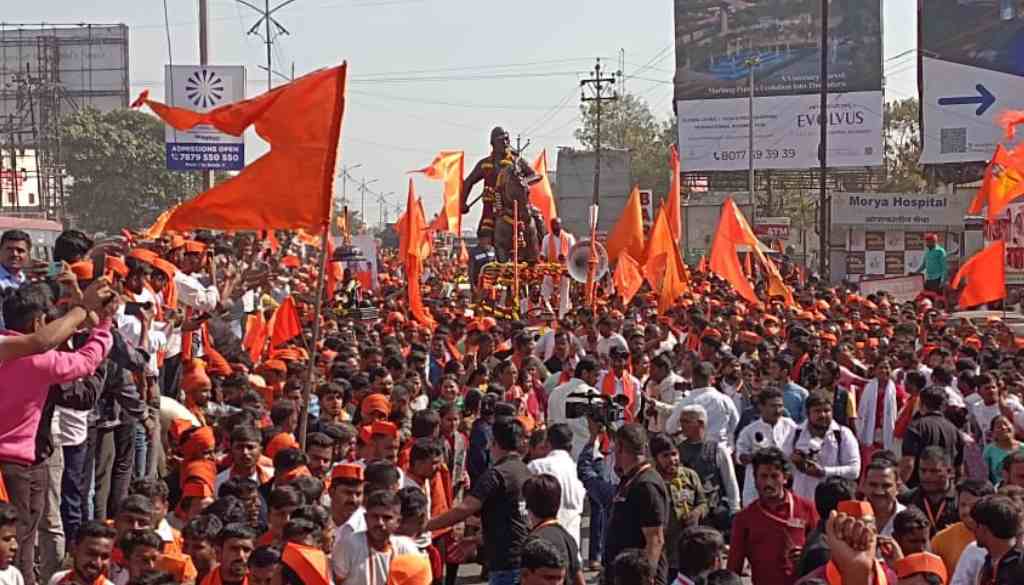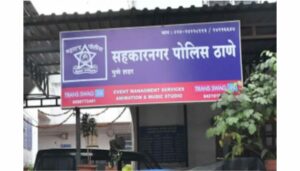Pune: Ongoing Maratha Quota Protests Intensify Amidst Citizen Hesitancy In Survey

Varad Bhatkhande
Pimpri, 25th January 2024: Many citizens are displaying hesitancy in providing information for a survey initiated by the Maharashtra State Backward Class Commission. This survey, conducted to assess the ‘backwardness’ of the Maratha community, holds significance in the ongoing protests across Maharashtra by the Maratha community seeking reservation under the Other Backward Classes (OBC) category.
Commissioned by the Maharashtra State Backward Class Commission and executed by the Gokhale Institute of Politics and Economics, the 33-page digital survey aims to strengthen Maharashtra’s case for a Maratha quota in the Supreme Court. Activist Manoj Jarange Patil’s march to Mumbai intensifies pressure on the Maharashtra government to meet expectations. The survey covers 154 questions on economic, social, and educational aspects, targeting both Maratha and non-Maratha families for a comprehensive analysis.
Despite receiving assistance from local authorities, reluctance from citizens is evident, primarily attributed to the time-consuming nature of the survey. Questions are also raised by members of other communities, questioning the benefit of providing information for a case not directly related to them. In urban areas like Mumbai, Navi Mumbai, Pune, Pimpri Chinchwad, etc., where many nuclear families reside, surveyors often find locked houses, adding to the challenge.
The complexity of the survey necessitates extensive training for enumerators. However, only two training sessions have been conducted, leading to concerns about the preparedness of the staff. Activist Manoj Jarange Patil’s march further strains the Maharashtra government, resulting in tight deadlines and increased workload.
Dattatraya Deshmukh, Chairman of Pimpri Chinchwad Cooperative Housing Society Federation, emphasized, “Maratha reservation is a significant demand that warrants serious attention. The reservation’s fate hinges on the government-conducted survey, making it pivotal. I urge the government to prioritize this survey, appointing ‘skilled’ individuals for its execution. Additionally, I appeal to everyone, including all societies, to actively support the government in ensuring a smooth and effective survey process.”
PCMC Assistant Commissioner Avinash Shinde, expressed concerns over the lack of extensive training, stating, “The Gokhale Institute has appointed trainers, but only two sessions have been conducted. Our staff isn’t well-prepared for this overload and tight deadlines, but we are giving our full efforts.”
Addressing the reluctance of citizens, Shinde emphasized the importance of patience and coordination, stating, “We have given guidelines to our survey takers to handle all people with patience. Coordinate with them, explain why this survey is crucial, and record reasons if someone is unwilling to provide information. I urge all citizens to cooperate and contribute to the survey.”







